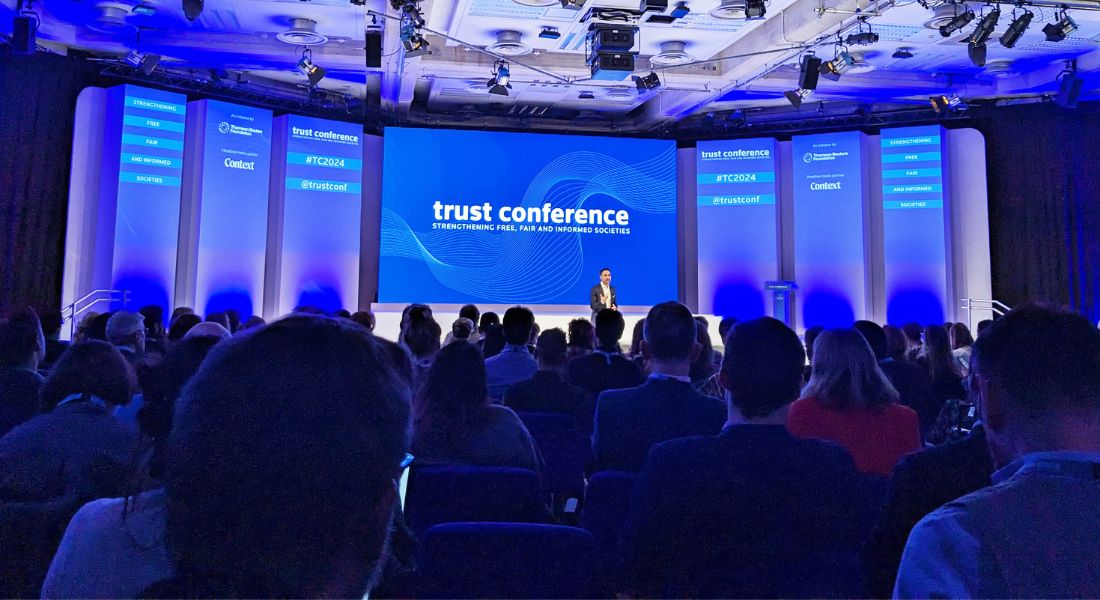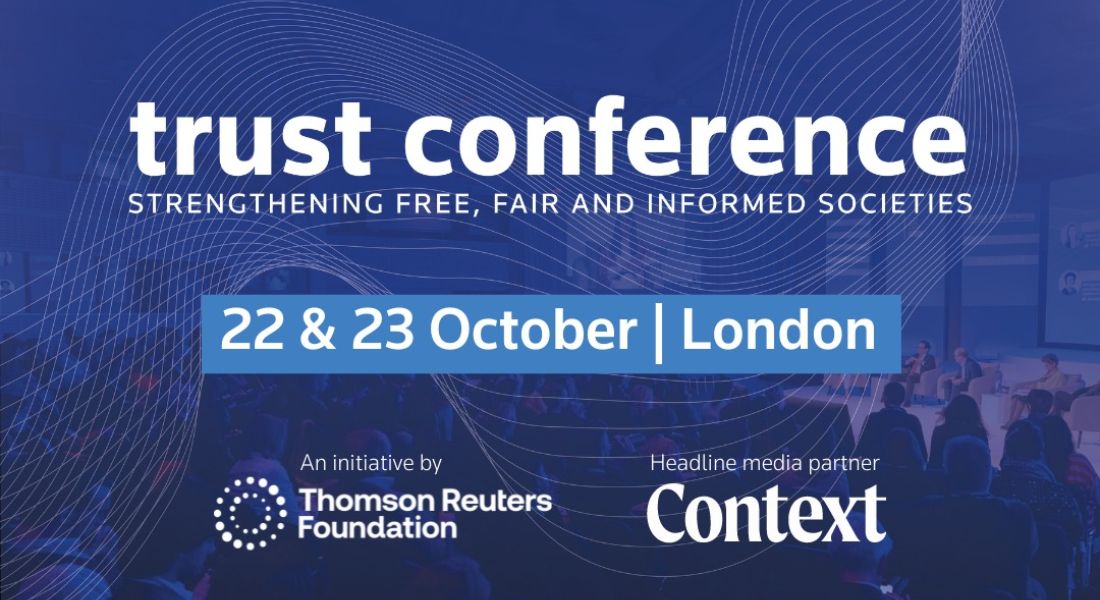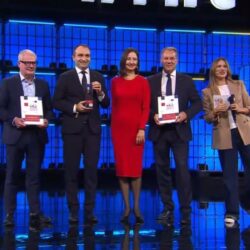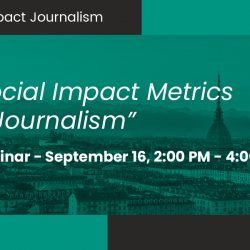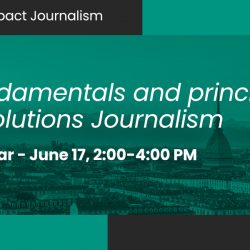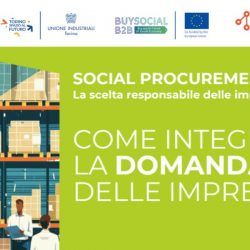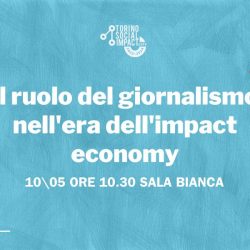Crossing the threshold of the Queen Elizabeth II Conference Centre, in the vibrant heart of London, means entering a lively environment where every participant, hailing from various countries around the world, seems to speak the same language. Innovators, activists, and prominent business leaders gathered for the Trust Conference, the annual event organized by the Thomson Reuters Foundation—a global forum dedicated to addressing the critical issues of our time, situated at the intersection of media, law, and corporate social responsibility.
Torino Social Impact also participated in the event, aiming to gather valuable insights and deepen understanding of the crucial role of information in the era of the impact economy.
As evidenced by the speeches included in the extensive and rich program, the conference’s motto is: “building free, fair, and informed societies.” This is not just a statement of intent but a shared philosophy that permeates every aspect of the event. The real strength of this global forum lies in the belief that only through dialogue and collaboration can we push the boundaries of what is achievable, in order to tackle some of the most urgent challenges the contemporary world faces in a concrete and innovative way.
Finding inspiration: presentations towards a fairer future
Drawing on the testimonies of the prominent speakers present, the first day explored the complex challenges that democracies are facing globally. While billions of people vote in elections worldwide, they are confronted with a surge in repressive regimes and practices, from the spread of disinformation to the erosion of freedoms. In this context, a key question arose: can we reverse the trend of democracy’s decline? And if so, how?
To partially answer this question, there was ample focus on the challenges that the media is currently facing. Several discussions focused on how media professionals and newsrooms can help preserve the fundamental values of good journalism, with the aim of maintaining principles of integrity and truth, especially during such a radical phase of transformation.
Another widely addressed theme was that of generative artificial intelligence, which, since its market debut, has revolutionized how we access information. As AI becomes increasingly integrated into our digital landscape, experts debated the ethical considerations and practices needed to prevent the spread of misinformation and further erosion of trust.
Subsequently, attention shifted to the difficulties faced by exiled media, a particularly relevant issue. The challenges faced by journalists and newsrooms fighting daily for freedom of information in repressive contexts were highlighted, and strategies for countering legal attacks on those defending media freedom offered concrete insights.
The second day of the event focused on the broader social impact of AI and the role responsible businesses can play in light of global transformations. International frameworks for AI governance were discussed, ethical challenges of AI integration into the corporate sector were explored, and the ways in which AI is transforming the legal profession were analyzed, particularly whether its adoption is democratizing access to law or creating new barriers.
A forum focused on human rights to accelerate impact
The audience, highly informed and drawn from over forty-five countries, participated in the Trust Conference to reflect on and learn about building a more inclusive and prosperous future for everyone. The shared testimonies highlighted not only the concrete opportunities for creating a fairer future but also the serious consequences that may result from inaction.
Over the course of the two-day forum, the program included panel discussions, interactive presentations, and opportunities for dialogue and networking among participants. By the end of these intense days, the event was confirmed as a valuable opportunity for exchanging and sharing ideas, with the goal of truly building, as mentioned at the start, freer, fairer, and more informed societies.


